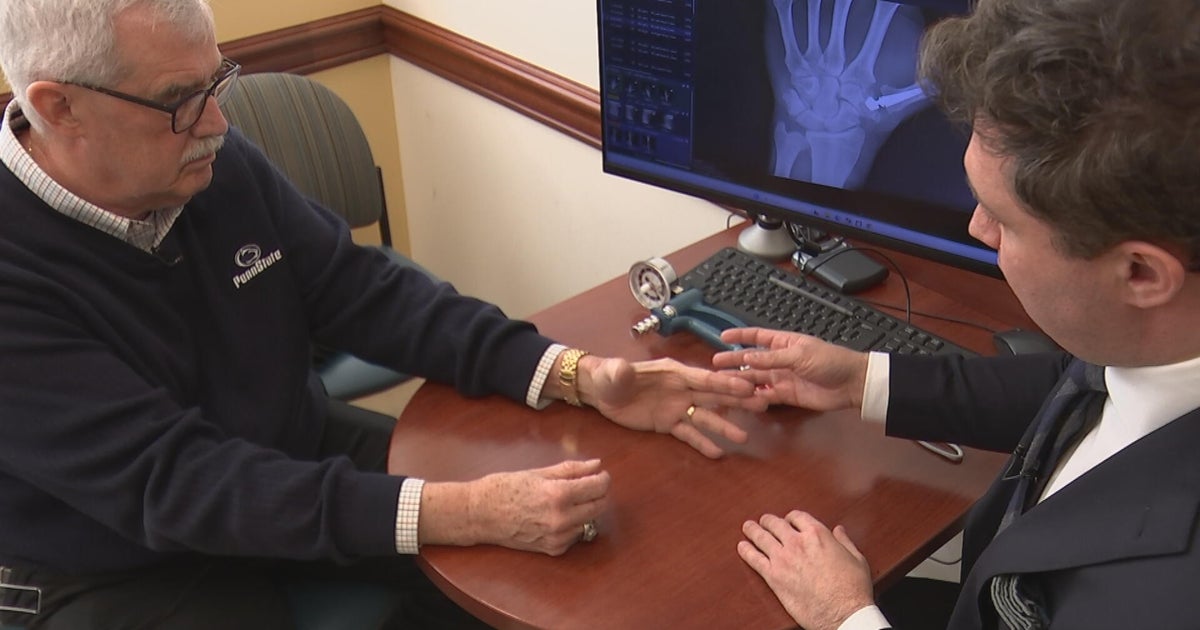TREATMENT OPTIONS
There is no "one size fits all" treatment for prostate cancer. You should learn as much as possible about the many treatment options available and, in conjunction with your physicians, make a decision about what's best for you. Because men diagnosed with localized prostate cancer today may live for many years, any decision made now will probably reverberate for a long time.
Your decision-making process will likely include a combination of clinical and psychological factors, including:
- the need for therapy
- your level of risk
- your personal circumstances
- your desire for a certain therapy based on risks, benefits, and your intuition.
Consultation with all three types of prostate cancer specialists—a urologist, a radiation oncologist, and a medical oncologist—will give you the most comprehensive assessment of the available treatments and expected outcomes. Many hospitals and universities have multidisciplinary prostate cancer clinics that can provide this three-part consultation service. There is still some uncertainty about the exact right therapies for many men, and whether some even need immediate therapy. Clinical trials are being conducted to address these questions for future generations.
More information about TREATMENT OPTIONS can be found on the Prostate Cancer Foundation website including information about active surveillance, prostatectomy (surgery), radiation therapy, hormone therapy, chemotherapy, other treatment options, and emerging therapies.
_
7 BASICS ABOUT PROSTATE CANCER
- THE PROSTATE
- RISK FACTORS
- PREVENTION & SYMPTOMS
- EARLY DETECTION & SCREENING
- UNDERSTANDING A DIAGNOSIS
- TREATMENT OPTIONS
- LIVING WITH ADVANCED DISEASE
The information above has been supplied by the Prostate Cancer Foundation. For more information about prostate cancer, or to find out more about the Prostate Cancer Foundation, visit www.pcf.org.







